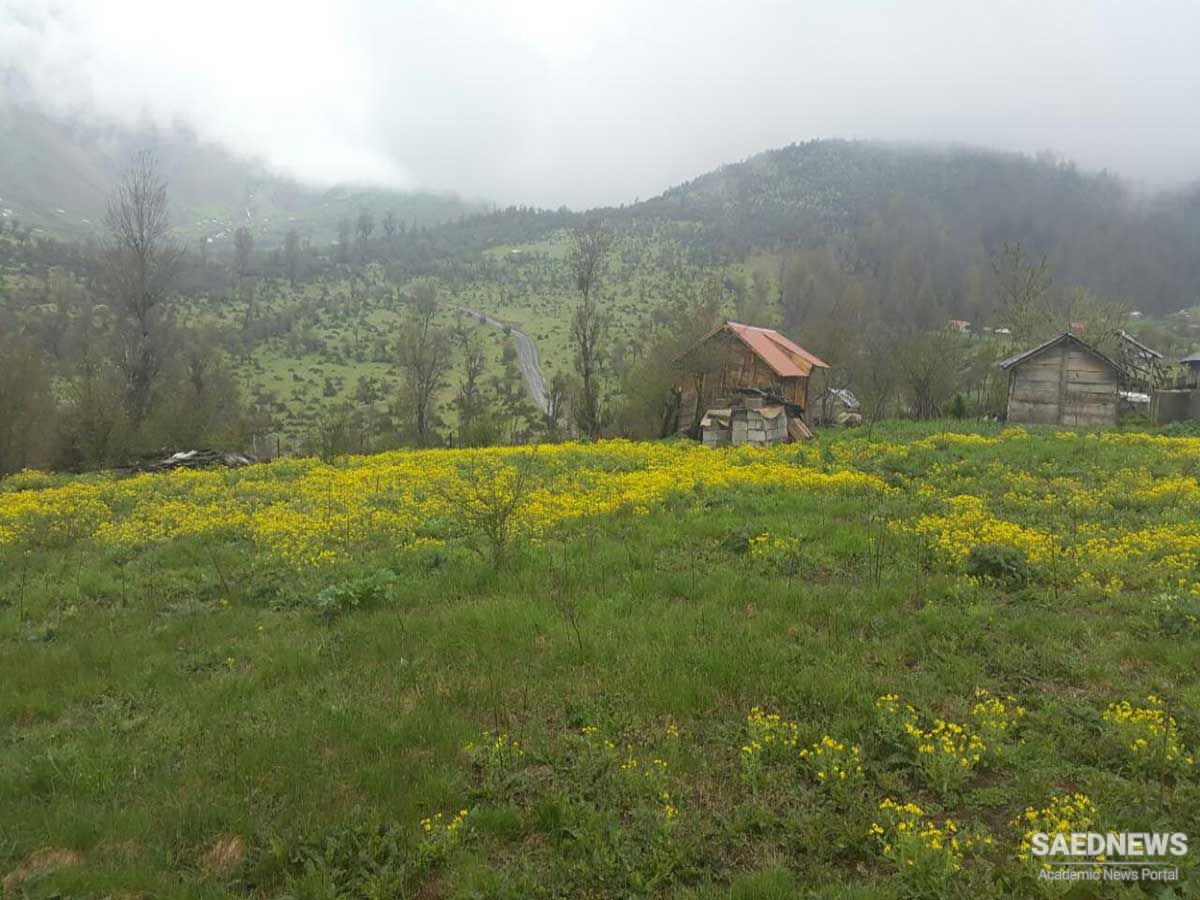He expelled Dubaj from Gurgan and captured his nephew in the fortress of Simnan. In 368/978-9 the caliph al-Ta'i' granted him the title Shams al-Ma'ali. A year later Qabus offended 'Adud al-Daula by offering refuge to Fakhr al-Daula, brother of 'Adud al-Daula, who had incurred the latter's wrath. Qabus lost Tabaristan in 369/980 to 'Adud al-Daula, and in 371/981 Mu'ayyad al-Daula, brother of 'Adud al-Daula, expelled him from Gurgan. He and Fakhr al-Daula fled to Nishapur. As a Samanid army which was sent to restore Gurgan to Qabus was defeated, the Ziyarid provinces came under direct Buyid rule for seventeen years, while Qabus lived in exile in Khurasan. Fakhr al-Daula after the death of Mu'ayyad al-Daula in 373/984 was recalled by the latter's vizier, al-Sahib b. 'Abbad, and put on the throne in Ray, but he did not permit Qabus to return to his domains.
Only after the death of Fakhr al-Daula and the succession of his minor son Majd al-Daula in 387/997 was Qabus able to recover them. Supporters of his gained control of Ruyan and Tabaristan and then proceeded to conquer Gurgan. In 388/998 Qabus returned there. After the failure of some Buyid attempts to dislodge him, his reign remained generally uncontested. Though he established friendly relations with the Ghaznavid Mahmud, he ruled now without recognizing any overlord other than the caliph. Qabus was broadly cultured and one of the famous stylists in Arabic epistolography of his time, and he composed poetry in both Arabic and Persian. His court attracted many poets and famous scholars like al-Blruni and Avicenna.
His religious sentiments were Sunni, and he severely curbed Shia and Mu'tazili activity in his domains. His sanguinary vindictiveness, which cost many of his high officials and army chiefs their lives on the slightest offence or mere suspicion, finally caused his downfall. Some chiefs of the army conspired against him and, though failing to capture him in his castle outside Gurgan, gained control of the capital. They invited his son Manuchihr, governor of Tabaristan, to take over the rule. Manuchihr, in fear of losing the throne, joined them and pursued Qabus to Bistam where he had sought shelter. Qabus agreed to resign in favour of his son and retired to a castle where he would spend the rest of his life in devotion. The conspirators, however, were still afraid of him and contrived to have him freeze to death in 403/1012. His mausoleum near Gurgan, in the shape of a cylindrical brick tower, has remained a landmark.


 ZIYARID DOMINATION IN TABARISTAN AND GURGAN
ZIYARID DOMINATION IN TABARISTAN AND GURGAN














































